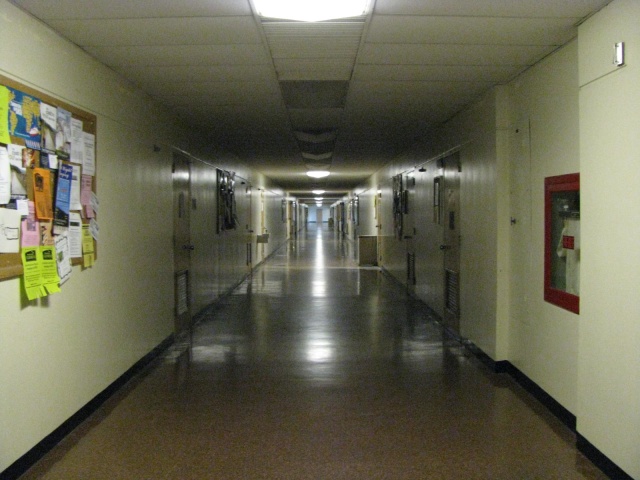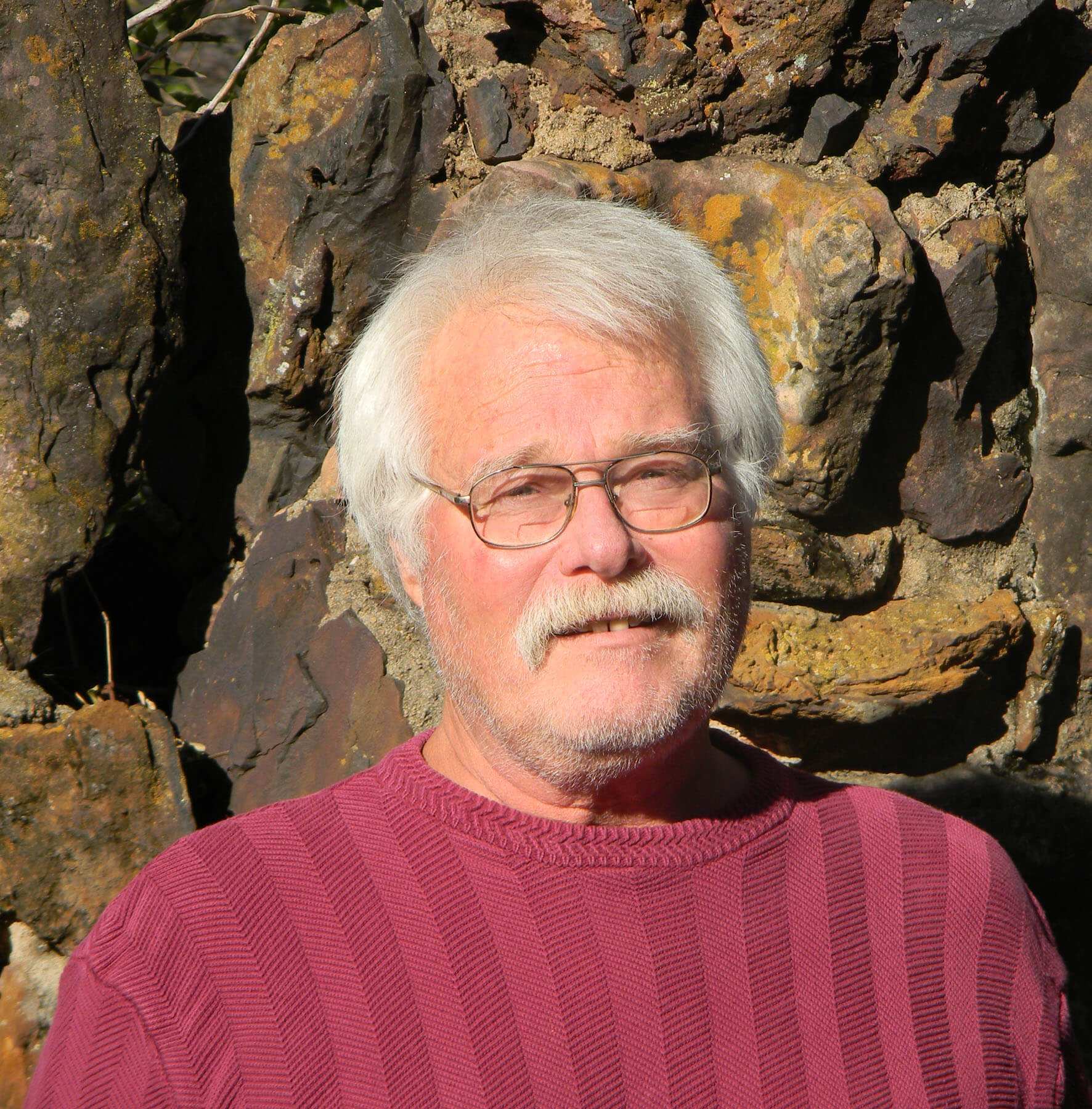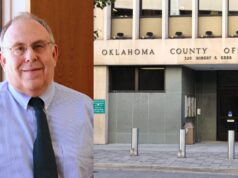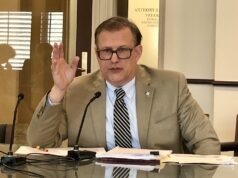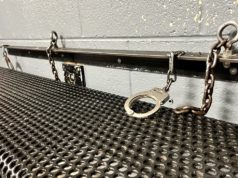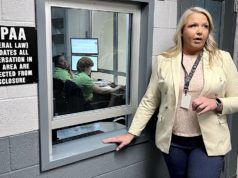
The Oklahoman’s Graham Lee Brewer began his report on the Oklahoma Mental Health Forum with the words of OKC Police Capt. Jeff Pierce, who said, “On July 4, this country will be 240 years old. … 240 years ago, the only place we could put people with mental health issues was in jail. We’re 240 years down the road, and we’re still putting them in jail. That’s a problem.”
During the March 30 forum, Capt. Pierce also explained that, last year, the OKCPD responded to more than 13,000 mental health calls and took about 7,800 people into custody. Recognizing the folly of merely locking up mentally ill people, they only took about 173 to jail or “detox.”
Even as the police seek enlightened, science-based, community-centered methods of addressing mental illness, their efforts are undermined by a lack of capacity. As Capt. Pierce wryly noted, if no local beds are available and suffering people must be brought to Woodward or other distant facilities, “that sorta takes the community out of community treatment.”
OKlahoma County District Attorney David Prater cited a mentally ill inmate who needs “wraparound” services because of “co-occurring” mental health issues. He has been waiting for 75 days at the county jail for a bed in a treatment center. He’s 428th on the waiting list. Mental Health Department Commissioner Terri White added that there are typically 600 or so people on the state waiting list.
This crisis has been a long time in the making.
“We are at a critical point,” Prater was quoted as saying in Brewer’s article. “Oklahoma has already defined itself as insane, because over the last several decades we have continued to do the same thing over and over again with the same result.”
The DA said that we are overburdened by cases where people have faced “trauma on top of trauma.” Consequently, he repeatedly has to take actions that he knows are immoral, locking up people who should be in treatment instead. Prater also knows that the crisis will only get worse. Faced with our dramatically declining budgets, he will be forced to make even more immoral choices.
Parallels to education
Being an educator, I can’t resist the opportunity to add that most of what was said during the outstanding forum applies equally to urban education, however, we use the term adverse childhood experiences (ACEs).
Oklahoma City’s schools face an unmanageable number of children who have endured multiple ACEs. As other overburdened agencies fail to address the suffering caused by co-occurring trauma and mental health issues, the obstacles faced by the highest-challenge schools become even more impossible.
As schools become more overwhelmed by kids who have endured trauma on top of trauma, we leave even more daunting social problems for other overextended agencies.
So, if we continue to cut budgets and keep schools, medical and mental health services, prenatal care and social services, nutrition and promoting healthy lifestyles in separate, underfunded silos, we risk bankruptcy.
Bright sides
Even though the forum was a tragically sobering experience, there were some bright sides. First, the auditorium was overflowing with a diverse crowd. As Prater and White repeatedly reminded us, if the public demands change, our elected officials will have to respond. Also, the event was informed by the wonderful journalism of The Oklahoman’s Jaclyn Cosgrove.
Wouldn’t it be nice if we could continue to bring together such diverse crowds of Oklahomans and commit to comprehensive solutions for complex mental health and other health-related issues?
If you answered “yes,” then you’ll have an opportunity to make your voice heard at NAMI Oklahoma‘s Mental Health and Substance Abuse Services Rally. If you want better mental health services in Oklahoma, be on the fourth floor of the Oklahoma State Capitol at noon April 20.








